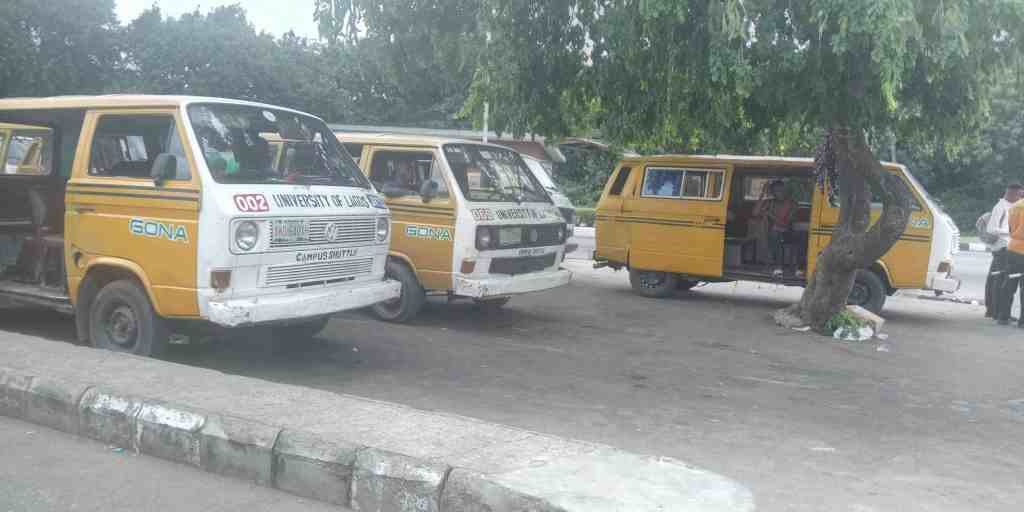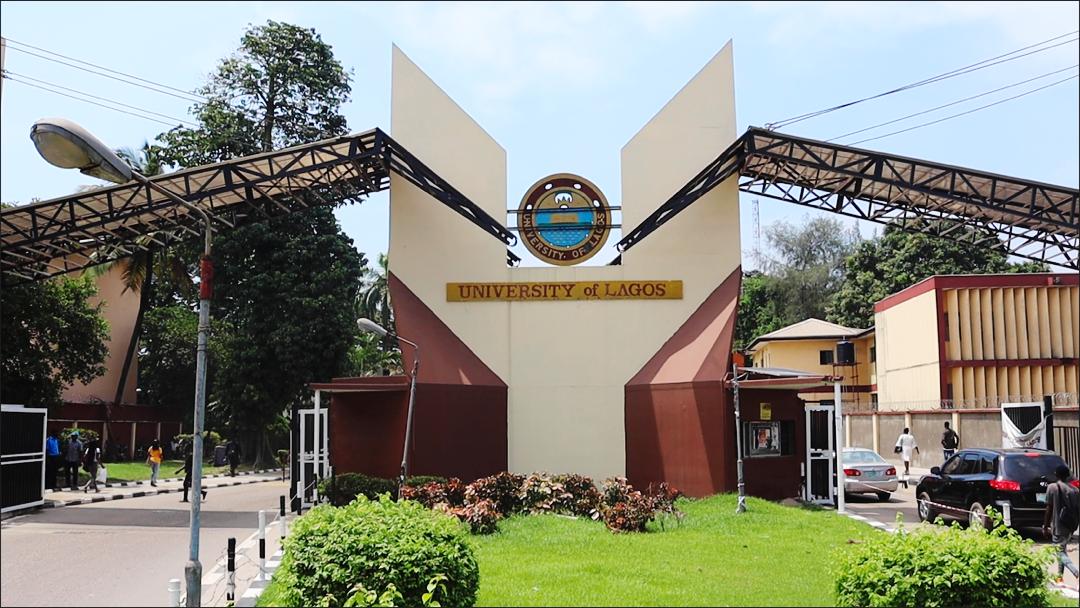In response to the outcry from students over a significant increase in campus transportation fares, the University of Lagos (UNILAG) management has issued a directive to regulate the cost of transportation within the campus and urged other vendors to maintain their existing prices until the end of June.
The surge in transportation fares on campuses across the country came in the wake of the removal of fuel subsidy by the Nigerian Government which informed the recent announcement of an increase in pump prices of petroleum products by the Nigerian National Petroleum Company Limited (NNPCL).
During his inauguration speech as Nigeria’s 16th President on Monday in Abuja, President Tinubu emphasized that fuel subsidy was not accounted for in the 2023 budget beyond June.
Tinubu justified the removal of the subsidy, stating that it had disproportionately favoured the wealthy over the poor, adding that his administration would redirect the funds towards investing in public infrastructure, education, healthcare, and job creation.
The NNPCL subsequently raised the petroleum pump price from N185 to a range between N488 and N557 and among the consequences of the pump price hike is the surge in transportation fares on Nigerian tertiary institution campuses.
Students across various campuses, including UNILAG, Usmanu Danfodiyo University in Sokoto (UDUS), Ahmadu Bello University in Zaria (ABU), University of Nigeria, Nsukka (UNN), and The Polytechnic Ibadan, Oyo State, have voiced their grievances regarding the increased fares.
To address the issue and prevent arbitrary fare increases, UNILAG management has specified the amount that can be charged by intra-campus transportation shuttles as well as those operating between the campus and neighboring communities such as Yaba and Akoka.

According to a statement issued by UNILAG’s Head of Public Relations Unit Adejoke Alaga-Ibraheem, the approved fare for intra-campus shuttles has been increased from N50 to N70, while motorists plying the campus-Yaba and other routes are now permitted to charge N150 instead of the previous N100. The statement also highlighted that food vendors should maintain their pre-fuel price hike prices.
“These developments are to be in place till the end of June, 2023, when the situation will be reviewed again, and adjustments made if necessary.
“Management implores all members of the university community and other stakeholders to remain calm and abide by the above decisions,” the statement read.
As the fuel subsidy removal continues to spark concerns and protests among various stakeholders, the effects on transportation costs and the overall economy remain subjects of intense debate and scrutiny.
The Nigeria Labour Congress (NLC) has strongly opposed the removal of the subsidy, deeming it a misplaced priority and has threatened to initiate industrial action if the new fuel pump prices are not reverted to their previous levels.
The union has notified its affiliates of the industrial action scheduled to begin on Wednesday, June 7th, which aims to demand the reversal of the petrol pump price to N185.
In the same vein, the Nigeria Union of Journalists (NUJ) has pledged its support to the NLC, saying that it will fully participate in the strike.

